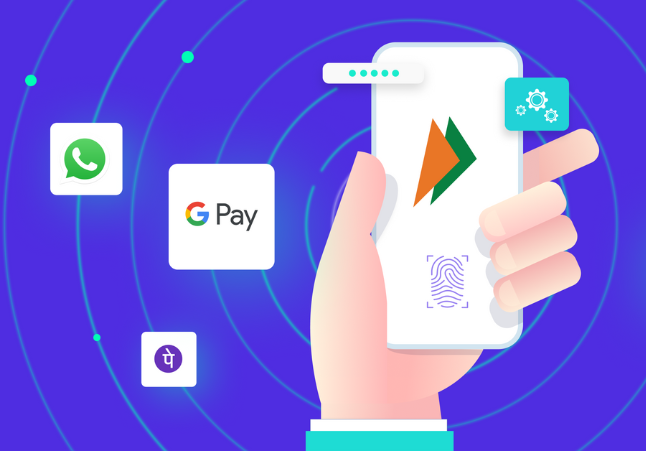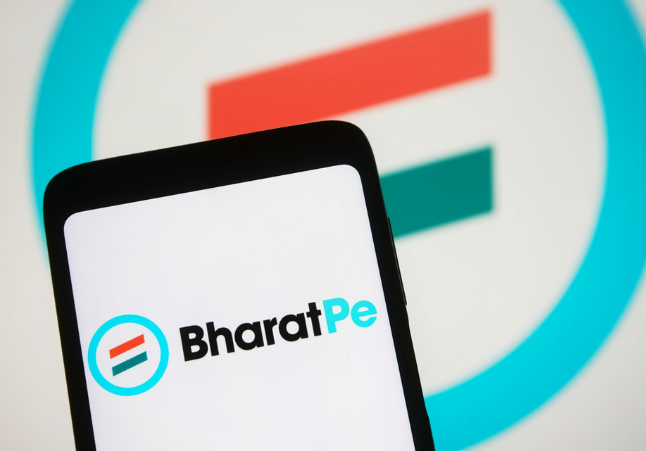Getting loan to become easier with unified lending interface; no credit history, salary proof to be needed
“Various financial information such as Aadhaar, e-KYC records, PAN details and state land records will be consolidated to create a comprehensive financial profile of a borrower. All entities, including banks, NBFCs, and fintech firms, will be able to interact on an open API platform, ensuring seamless integration of the data.”
With Unified Payment Interface (UPI) changing the face of payments in India, could something similar for lending have been far behind? The Reserve Bank of India (RBI) has announced a new technology platform – Unified Lending Interface (ULI), according to an ET Online report.
What ULI will do is make loans easier for all. If one does not have a credit history or the required documents then getting a loan from a bank is still a difficult task for most people. If one does not use internet banking, then the loan paperwork takes longer and one has to visit the bank branch at least a few times to complete the formalities. But this situation is set to soon change for the better.
ULI is a digital platform which will streamline the lending process and facilitate smoother credit access, particularly for rural and smaller borrowers, says Dilip Modi, Founder & CEO of Spice Money. Right now in a concept stage, the interface will be launched soon. It is aimed at bringing all the relevant information related to the borrower onto a single platform — as of now, this happens in silos.
As a nationwide platform, ULI will provide lenders with access to a centralised digital database containing both financial and non-financial information of borrowers, says Rahul Jain, CFO of NTT DATA Payment Services India.
Ashish Goyal, Cofounder & CFO, Fibe, says, “Various financial information such as Aadhaar, e-KYC records, PAN details and state land records will be consolidated to create a comprehensive financial profile of a borrower. All entities, including banks, NBFCs, and fintech firms, will be able to interact on an open API platform, ensuring seamless integration of the data.”
ULI will use a standardised application programming interface (API) that will link the various sources providing financial and non-financial records such as GSTN and land records, and allow a consent-based “plug and play” flow to lenders, explains Ajay Rajan, Country Head-Government, Multinational & International Business, Transaction Banking & Knowledge Units, Yes Bank. “This approach greatly helps in simplifying data access and reducing technical integration complexity as lenders can simply connect to ULI rather than having bespoke integrations.”

ULI will simplify the loan approval process by aggregating data from sources like Aadhaar, e-KYC records, land records with state governments, PAN details, and account aggregators. Instead of storing this information centrally, ULI will retrieve it in real time when a borrower will apply for a loan. This means each borrower’s financial profile will be up-to-date and comprehensive. ULI will also get access to other relevant information such as credit history and use inbuilt processes to help borrowers get quick responses.
The borrower’s data will be available for analysis on a real-time basis. So the loan evaluation process will become faster. Goyal says the integration of data will also lead to quicker decision-making on the part of lenders and automate credit appraisals.
Jain says, “Once streamlined, this process will reduce the time required to receive funds from 30-60 days to just real-time or 1-2 days with no visit required to the branch. If everything is initiated correctly, the process can be completed online as well.”
ULI will provide banks with access to customer’s digitally verifiable financial footprint. The availability of such information on a real-time basis will bring in time and process efficiencies, thereby speeding up the loan assessment and approval process.
“Lending institutions may leverage this ULI-provided data with advanced analytics and digital underwriting processes to assess risk profiles and offer personalised loan products. This automation of the overall credit process potentially can bring in financial & operational efficiencies for the lender aside from enhancing the customer experience, eventually driving financial inclusion across the banking sector,” says Rajan.
The platform will automatically assess creditworthiness, facilitating rapid, data-driven decisions on loan approvals or rejections, says Gaurav Jalan, Founder & CEO, mPokket.
“When the pilot programme was launched a year ago, it was for various products including personal loans, MSME loans without collaterals, dairy loans, home loans and Kisan Credit Cards,” says Goyal.
Today the ULI platform provides access to a multitude of lending models like MSME loans, farmer loans, personal loans etc. Rajan says with time and opening up of more data sources, the scope of lending products on this platform will expand.
The good news is that it will cater to a large unmet demand for credit across various sectors. “While it focuses on agricultural and medium, small, and micro enterprises borrowers, it is not limited to these segments. This initiative will aim to potentially provide frictionless credit access to a broader range of borrowers, including those seeking personal loans,” Modi says.







